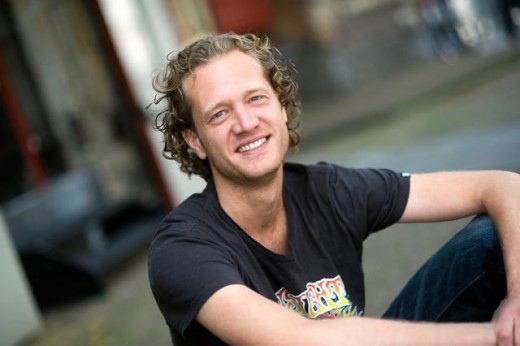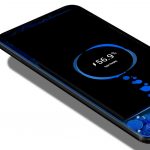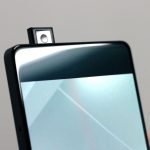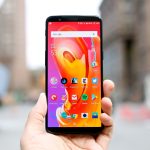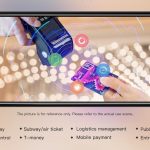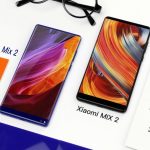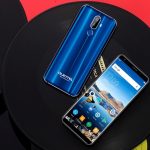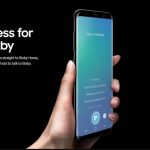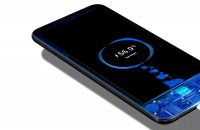This Smartphone Is Made From Fairly Mined Minerals, And It’s Designed To Last Longer Than Your Contract
Finally, a mobile device you can feel good about—not because it’s shiny and new, but because it’s ethically made and built to last.
Bas van Abel wanted a phone that worked well enough, but avoided the conflict mineral issues and harsh working practices built into mainstream devices. So two years ago, he created the Fairphone, a phone that would be adequate in its functionality but exemplary in its supply chain.
Since we last spoke to him, he seems to have succeeded. The Dutch company has sold 60,000 units and established a string of direct and traceable relationships with mineral suppliers around the world. Now it’s launching a wholly new version, one that considers not only the phone’s pre-life but its longevity and afterlife as well.
As you can imagine, building a phone from scratch isn’t easy, especially when you have ethical expectations. “We had a lot of people expecting us to kind of create world peace at the same time as making a phone,” Van Abel says. “I felt a little bipolar. Sometimes I felt like dying. At other times, I felt on top of the world.”
The new version is different in that Fairphone designed every aspect itself. The previous version was mostly licensed, with Fairphone concentrating on the supply chain relationships. Designing from start meant the company could look more deeply at how that design affects the supply chain. “With Fairphone One we had to reverse engineer the supply chain and we got stuck at a certain point. Now we can use certain materials and we can choose the partners we want to work with,” Van Abel says. On top of the fair-trade relationships it had for tin, tantalum, and copper, the company now has new ones for tungsten and gold.
At the same time, it has thought about how to make the phone last longer, so there’s less need for a constant stream of new materials. The new version is made to be durable (with a hard, integrated case) and repairable. The back comes off easily, revealing a transparent layer of components, each of which can easily be taken out and swapped for others. And the screen is a separate piece, so you can source a new one without buying a whole new model.
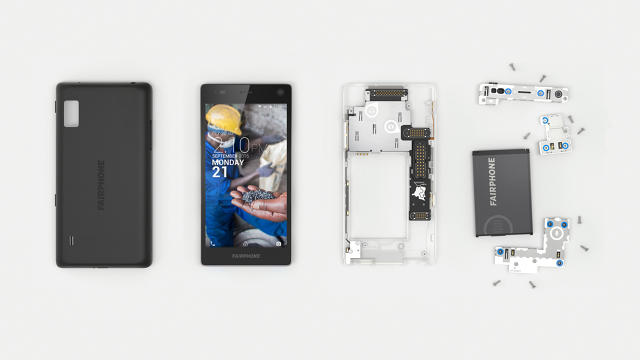
“We made a phone that people can open, so they can change parts themselves. If they can take care of it, they are probably going to use it longer and that means they’re probably going to use it longer,” Van Abel says.
The new model will sell for 525 Euros after tax and launch in Europe this summer. The U.S. version is due out next year.
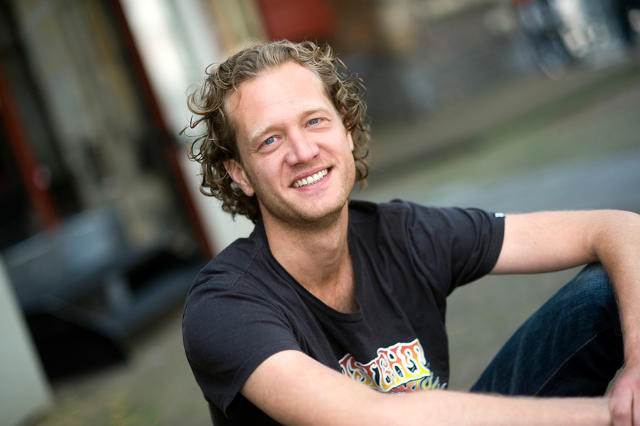
Fairphone is a social enterprise that doesn’t make a profit. It’s privately owned by its original investors and has funded its operations from crowdfunding (it pre-sold 25,000 phones without ever making anything, generating $7 million) and other sales of the first phone. On top of that, it also took out a $2.5 million bank loan to develop the second version.
The long-term goal isn’t to get rich, or even to sell millions and millions of phones—it’s to bring change to the cell-phone industry. “We want to attract people who understand that you have to be an active player to make something like Fairphone possible. If we can make fairer products, we can create space for the big guys to scale their ethical business as well,” Van Abel says.
In a sense, Fairphone is like a protest company. Its phones don’t just make calls and send texts. They’re also tangible and provocative proof that things can be done differently in the phone industry.
[All Photos: via Fairphone]
Fast Company , Read Full Story
(194)

